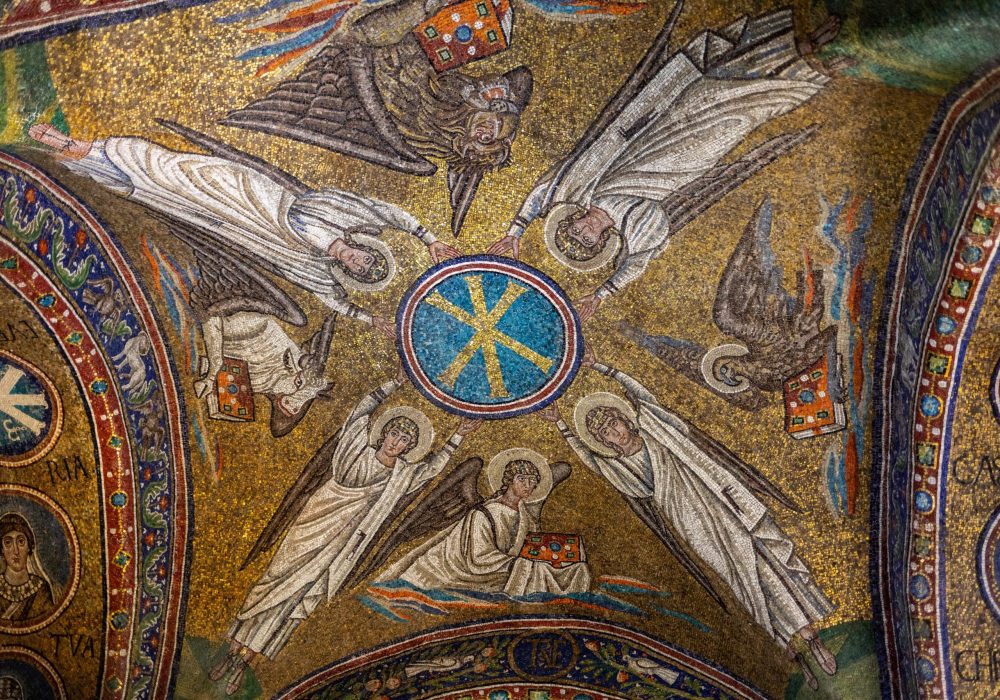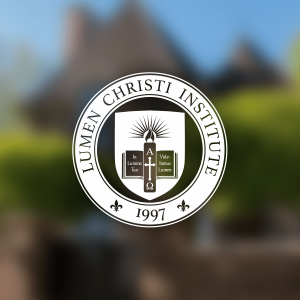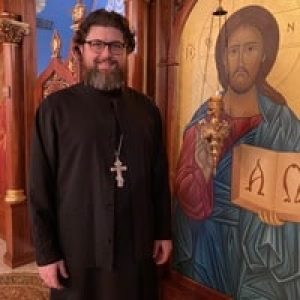The Lumen Christi Institute, The Sheptytsky Institute of Eastern Christian Studies, and the Fordham Center for Orthodox Christian Studies Present:
Recovering Hymnography Symposium
May 15-16, 2022 | University of Chicago
Free and open to the public. Please note you must register for each day separately.
This symposium will explore the tradition of hymnography as both prayer and pedagogy, sharing insights about how biblical interpretation, ethical injunction, and theological reflection are combined with ritual reenactment in the texts they consider. Papers on early Christian liturgical hymnography in the Greek, Syriac, and Latin traditions will be shared and discussed with expert respondents. In so doing, the presenting scholars will shed light on the late antique Christian world’s practice of hymnography that is still preserved today by contemporary Eastern Christian worship.
May 15, 2022 | Rockefeller Memorial Chapel (5850 S. Woodlawn Ave. Chicago, IL 60637)
4:00 PM Keynote Address
“Singing the Sacred: Music and the Holy in Ancient Christianity,” by Susan Ashbrook Harvey, Brown University
Why were hymns important for ancient Christianity? What did music add to poetry? Singing was an indelible part of daily life in the ancient Mediterranean world: in household and civic spaces, in celebrations, in mourning, and in religious devotions of all kinds. In the New Testament, singing hymns was fundamental to early Christian worship. Why did hymns matter? How did Christians in antiquity render singing sacred for their own purposes, able to articulate their own distinctive religious truths? What could make music “holy”? And how?
5:00 PM Icons of Sound: Concert with Cappella Romana
The internationally renowned musical group Cappella Romana presents their concert “Icons of Sound” featuring pieces composed by the 9th century nun Kassia and interpretations of medieval Byzantine chant for the feast of the Holy Cross in Constantinople.
May 16, 2022 | Swift Hall Common Room (1025 E. 58th St., Chicago, IL 60637)
9:00 AM – 12:00 PM Symposium presentations
Presentations in this sympsosium include:
Brian Dunkle, “New Songs and Ancient Instruction: The Early Reception of Ambrose’s Hymns.”
Ashley Purpura, “Liturgical Name-Calling: Gender, Power, Performance, and the Akathistos Hymn”
Andrew Summerson, “Christ the Sea Monster: How Hymns Rephrase Patristic Thought on Jonah”
Erin G. Walsh, “Women and the Embodiment of Virtue in Syriac Poetry”
Jeffrey Wickes, “The Voices of the Martyrs’ Mothers in Syriac Liturgical Poetry”
This program is made possible through a Vital Worship Grant from the Calvin Institute of Christian Worship, Grand Rapids, Michigan, with funds provided by Lilly Endowment Inc. This program is cosponsored by the Divinity School at the University of Chicago and the Department of Theology at the University of Notre Dame.



